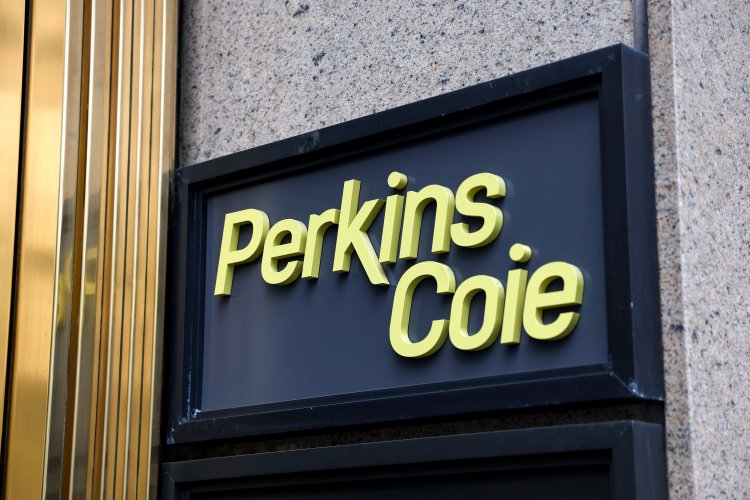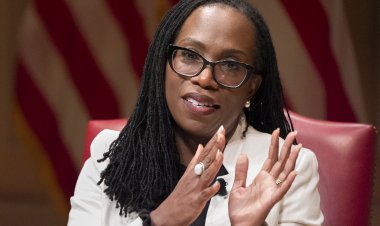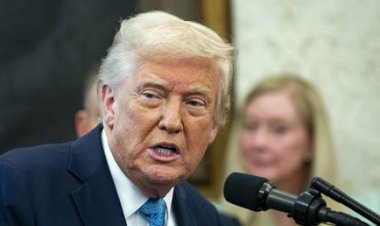Judge Invalidates Trump Executive Order Targeting Prominent Law Firm
The judge ruled that Trump's executive order imposing sanctions on Perkins Coie was "motivated by retaliation" and deemed it unconstitutional.

This decision represents a significant setback for Trump's efforts against law firms that have represented his political opponents, although essential elements of the order have already been blocked due to legal challenges from four firms.
“Using the powers of the federal government to target lawyers for their representation of clients and avowed progressive employment policies in an overt attempt to suppress and publish certain viewpoints, however, is contrary to the Constitution, which requires that the government respond to dissenting or unpopular speech or ideas with ‘tolerance, not coercion,’” Judge Beryl Howell stated in the 102-page decision.
The executive order issued in March condemned Perkins Coie for “dishonest and dangerous activity” related to its past work for Clinton. It suspended security clearances for the firm's lawyers, cut off the firm from government contracts, directed the Equal Employment Opportunity Commission to investigate its hiring practices, and instructed agency heads to create guidance restricting employees from entering government buildings or meeting with officials.
This order against Perkins Coie was the initial action in a series of measures taken against law firms that Trump views as opposed to his interests.
“In purpose and effect, this action draws from a playbook as old as Shakespeare, who penned the phrase: ‘The first thing we do, let’s kill all the lawyers,’” Howell wrote. “Eliminating lawyers as the guardians of the rule of law removes a major impediment to the path to more power.”
Perkins Coie responded to the ruling with a statement expressing satisfaction with the outcome.
"This ruling affirms core constitutional freedoms all Americans hold dear, including free speech, due process, and the right to select counsel without the fear of retribution," the firm stated. "We are pleased with this decision and are immensely grateful to those who spoke up in support of our positions."
In an extensive footnote, Howell criticized other law firms that chose to collaborate with the White House to avoid becoming targets of the president—specifically mentioning nine firms that have committed nearly $1 billion in pro bono legal services to causes favored by the administration.
“Only when lawyers make the choice to challenge rather than back down when confronted with government action raising non-trivial constitutional issues can a case be brought to court for judicial review of the legal merits,” Howell noted. “If the founding history of his country is any guide, those who stood up in court to vindicate constitutional rights and, by so doing, served to promote the rule of law, will be the models lauded when this period of American history is written.”
On Monday, Trump signed a new executive order that directs the allocation of the pro bono resources to assist police officers “who unjustly incur expenses and liabilities for actions taken during the performance of their official duties to enforce the law.”
Howell, appointed by President Barack Obama, is the first judge to issue a final ruling in a lawsuit from a law firm contesting one of Trump’s executive orders. Final decisions are still pending in three additional cases brought by the firms WilmerHale, Jenner & Block, and Susman Godfrey.
Howell’s ruling, along with the upcoming decisions in those cases, is likely to be subject to appeal.
Allen M Lee for TROIB News
Find more stories on Business, Economy and Finance in TROIB business












